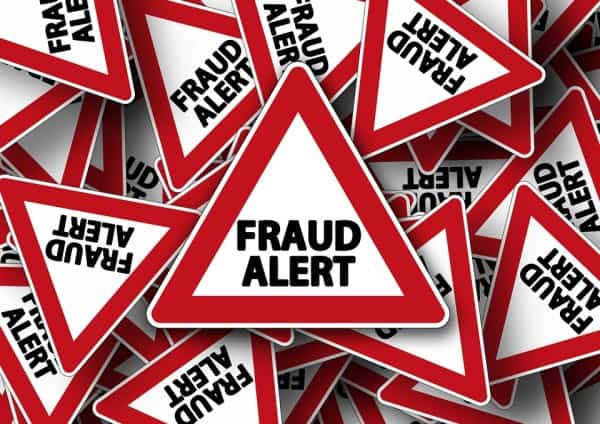
With the increasing popularity of e-commerce websites and online services, there is also an increase in the cases of financial fraud. Financial fraud can be of any type- fake lottery messages that ask you to pay some kind of tax in order to receive the prize money, some fake websites asking for your credit card details to download the movie, or when you are selling some item online, the buyer ‘accidently’ pays extra and asks you to send the difference amount, after which you realize that the original payment was fraudulent.
It is very important for you to understand a little more about keeping your money safe online.
- NEVER trust a website which is poorly designed or has many pop-up windows. Also never open links sent by you through emails which ask you to enter bank account details or any such personal information. Such phishing scams contain hyperlinks or attachments which are infected with malware, designed to steal your identity.
- Prefer using your credit cards than your debit cards. Credit cards come with fraud protection perks, such Credit Card Fraud Protection Insurances, where the company pays you your lost money in case you fall prey to an online fraud.
- Use strong passwords for your accounts. Avoid using the same password for all accounts. Prefer using long and secure passwords (not ones which have your last name or birthdates which can be easily guessed by theives). Also keep your phone password protected and always remember to logout of accounts you’ve opened in your phone browser or public computers.
- Avoid using free public Wi-Fi (at coffee shops and airports), because there is always a possibility for someone to steal the information you are sending or receiving.
- Keep a regular check on your online accounts and update your passwords on a daily basis.
- How to check if a website is secure or not? Thehttp: at the start of the web address will change to https: which stands for Hypertext Transfer Protocol Secure and makes sure that your information is not being stolen. Or there is another way of checking whether the site is secure or not; check for a padlock symbol in the browser window.
- Install Antivirus software on your phone and laptop and make sure it is timely updated.
- When you are shopping online make sure you use a trusted site and check for reviews from the customers about the website for confirmation.
- Contact your bank for any discrepancies. They would provide you with a solution. Almost always.
Stay safe because the internet is a world full of lies and nothing can ever be erased off the internet. You are responsible for your own safety.
Think before you click!
 Gearfuse Technology, Science, Culture & More
Gearfuse Technology, Science, Culture & More


